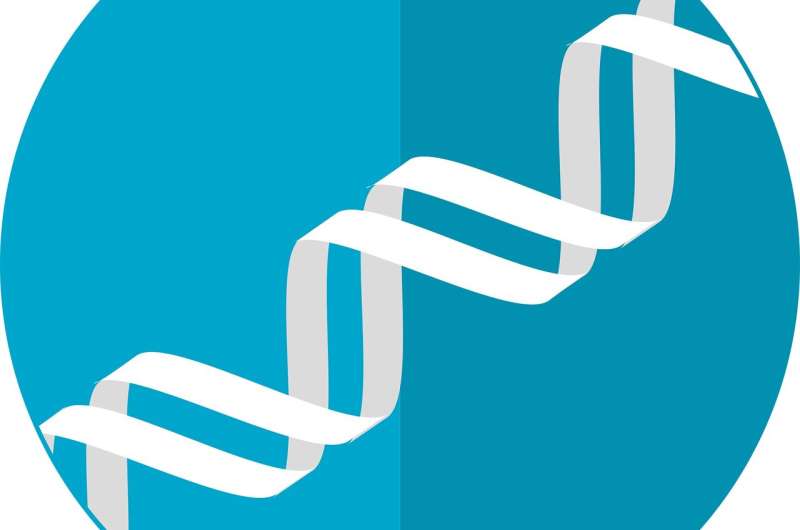Quinn on Nutrition: Genes that fit

Look in the mirror. A lot of what you see came from your parents, grandparents and on down the line. And a lot of what goes on inside our bodies—including our risk for disease and how we utilize nutrients—comes from inherited traits as well.
For example, my dad developed type 2 diabetes in his later years. We know there is a genetic link to this disease and half of my genetic code is from my dad. So I am at a higher risk for developing diabetes, too.
Risk is not always reality, however. As it was explained to me several years ago, "Genetics loads the gun and lifestyle (eating, exercise and other habits) pulls the trigger."
Yet it's even more complicated than that. We are just beginning to understand that specific hereditary genes influence how our bodies use certain nutrients to impact our health. Individuals who carry one specific gene related to the metabolism of vitamin D, for example, were found to have more health benefits from a high protein diet for weight loss than people who do not carry this particular gene.
Other research shows that people like myself who carry a specific gene that makes us susceptible to type 2 diabetes respond favorably to a higher intake of dietary fiber to reduce that risk. Fascinating.
There's still a lot to learn, however. Genetic experts report that we understand the various workings of only about 10% of the genes that have thus far been identified.
What about companies that claim to tell us what to eat based on our genetic profile from a saliva test? Here are some things to be aware of:
Results may vary. Different labs have different ways of identifying specific genes. And our understanding of genetic codes is still limited. Use the results as one piece of your health puzzle.
Go through a credible company. Their recommendations should be based on evidence-based research and they should direct you to those studies. And their lab should be CLIA (Clinical Laboratory Improvement Amendments) certified, which means they are regulated for quality lab testing.
Beware of companies that claim to detect food allergies through DNA. Although some allergies are genetic, they are genetic in the immune system rather than in the actual DNA, according to genetic researcher Sherry Zang, Ph.D. Her company, GenoPalate, states there are no genetic assays for detecting food allergies through DNA.
Don't look for magic answers. How our diets and nutrient intake respond to our genetic code is complicated. Genetic analyses cannot guarantee instant weight loss or that you'll win the lottery. On the other hand, a reliable company may give you some insight into how a healthful diet fits your genes.
I took the invitation to test my own DNA and am still waiting on results. Stay tuned...
©2020 The Monterey County Herald
Distributed by Tribune Content Agency, LLC.




















